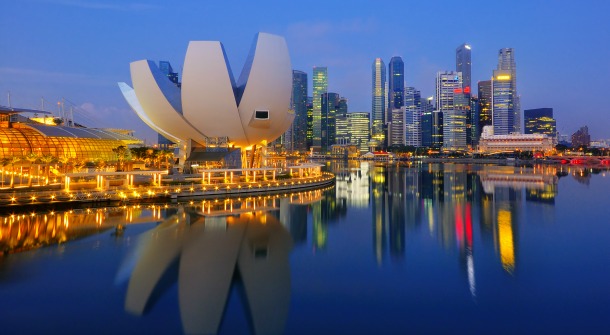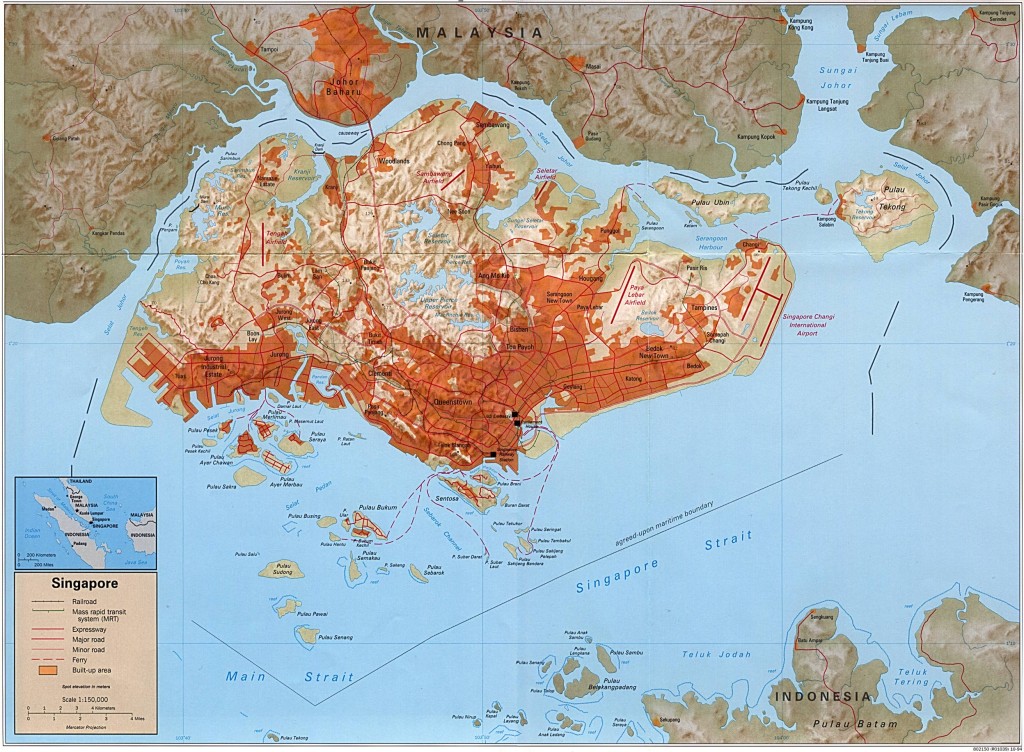Humans are hard-wired social creatures. We have always organized ourselves starting with nuclear families and extending to formal and informal groupings such as tribes, gangs, clubs, political parties, nations and religions. Today we are on a macro level politically organized around the concept of nation, a recent phenomena, first arising in Europe and then spreading globally. Nationalism is both a positive and negative influence on our behaviour. It has contributed to two conflicts in the 20th century that killed tens of millions of us. In forming nations we have organized government around a number of models from monarchy, to totalitarian dictatorship, to theocracy, oligarchy and democracy. To regulate society within nations we have created sub-organizations. Federations consist of states or provinces. Within our federal and local governments we have those who govern and those who oppose. These are the political parties that have graced modern democracy since the 18th century. Even in dictatorships we find centrally managed political organizations formed under party banners.
This is our past and present. What about our future? What will our global community look like in 2100? How will we organize? How will we govern? How will we oppose? I would argue that today we already have the tools in place to disrupt what has been. Let’s look at what may very well be our world in 2100.
- The rise of the city state may very well be a common pattern of the 21st century replacing national governments.
- The emergence of direct democracy facilitated by universal connectivity.
- The emergence of region over nation.
- The development of a global loosely constructed federalism.
- Corporate players and NGOs no longer sit on the sidelines but become participants in governance.
- Traditional political parties are usurped by organized social cause movements.
The tools to invent this altered world exist today so it is not too much of a stretch to imagine that many if not all of these predictions will come true. Over the next few weeks I will be exploring each of these topics in greater detail. So let’s begin.
1. The Rise of City Over Nation State
Is Singapore the model for governance in the 21st century? Its 5 million people live on an island a mere 697 square kilometers. Born out of a colonial past, Singapore first gained independence as part of Malaya in 1961 but four years later separated to become a republic in the form of a city state. Today there is no equivalent to it on the planet but will other cities emulate Singapore sometime in the 21st century?
When you think about it, city states in the Internet Age may make more sense than any other form of government. And if Singapore is the example to follow it is hard to argue with a city state model that has produced:
- the highest standard of living in Asia for its diverse populace that includes cultural representation from all parts of the world with Chinese, Malay and Indian predominant;
- 65% of its total population with access to the Internet;
- more mobile phones than citizens with an estimated 7.8 million as of 2011;
- a thriving free market economy that features diverse industries from electronics to life sciences, financial services to marine equipment for shipping and oil exploration and production;
- an innovative arena for sustainable, green initiatives, including the vertical urban farms, eco parks and green buildings;
- the 40th largest economy in the world with the 6th highest gross domestic product per capita;
- better than 92% literacy with the average lifespan of its citizens 4th highest in the world;
- an unemployment rate of less than 2%;
- low levels of corruption and a court system based on English common law;
- and a government that is a representative parliamentary democracy and that runs annual budgetary surpluses year in and year out.
Singapore punches well above its weight regionally and globally proving that a progressive city state works for the 21st century. Unfettered from a hinterland, unrestricted by state and federal ties, able to respond to the immediate needs of its citizens, can you imagine New York City, Chicago, London, Barcelona, or Toronto moving in the direction of the Singapore model. Will cities facing the challenges of the 21st century declare themselves independent? For those of us who have grown up in federations or nation states the idea seems fanciful but is it? Are our federal institutions or even state, provincial or regional governments better able to address local needs? In the United States where the federal government increasingly seems unworkable, would an Atlanta, Miami or New York be better off on their own?
In Part 2 we will continue to look in our crystal ball and speculate on how the Internet and social media will alter democratic processes in the 21st century. I invite you to come along for the ride.










